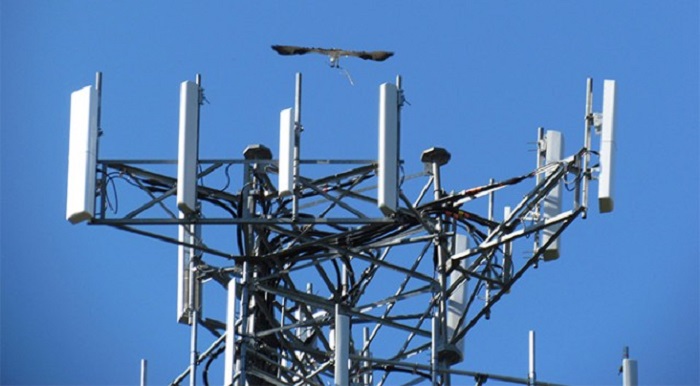
A few short years shy of standardizing 4G LTE, the EU is already banding together with South Korea to develop a next-generation 5G mobile communications. The two entities are optimistically working to standardize the spectrum requirements of 5G to permit easy roaming between their continents. Beaming gigantic data figures into stratosphere is easy part; what will ultimately prove challenging is reeling in the rest of the industry when LTE and LTE-Advanced have more milk to pump.
Why partner with South Korea of all nations? Well, not only does its reputation of having some of the fastest Internet bandwidth in the world proceed it, but South Korea is at the forefront of the 5G mobile network, having announced as far back as January of this year that it will spend an estimated $1.5 billion racing to establish the standard ahead of curve, in an effort to help its national conglomerates – Samsung and LG – gain a competitive edge when the rest of the world begins transitioning.
However, the question of what actually constitutes 5G is a bit murky; its “something” that’s supposed to be faster than 4G LTE, approximately 10 to 1000 times faster with download speeds ranging between 100-1000 megabytes per second (enough to completely buffer an episode of Orange Is The New Black in a few seconds). The “5G” heading is more marketing lingo than anything else.
The primary challenge of standardizing a new format is not a matter of capability, but of efficiency. How do we funnel such a robust data transfer into a smartphone-sized object without requiring a van’s worth of antenna, and how do we gain the support of the hundreds of patent-holders needed to adopt the technology into devices. More to point, LTE is nowhere near the end of its life time. The term is an acronym for ”Long Term Evolution,” implying the technology is scalable and designed to last for decades. LTE-advanced hasn’t even made its commercial debut yet.
Pro-advocates see this movement as a step in the right direction in keeping pace with modern technology’s exponentially accelerated growth. All the flash of upgrading from one smartphone to another will lose momentum if the fundamental feature – data communication – is stuck in 2008 from a marketing point of view.
The EU and Korea hope to iron out a solid 5G definition by 2015.
Via ExtremeTech
Advertisement
Learn more about Electronic Products Magazine





